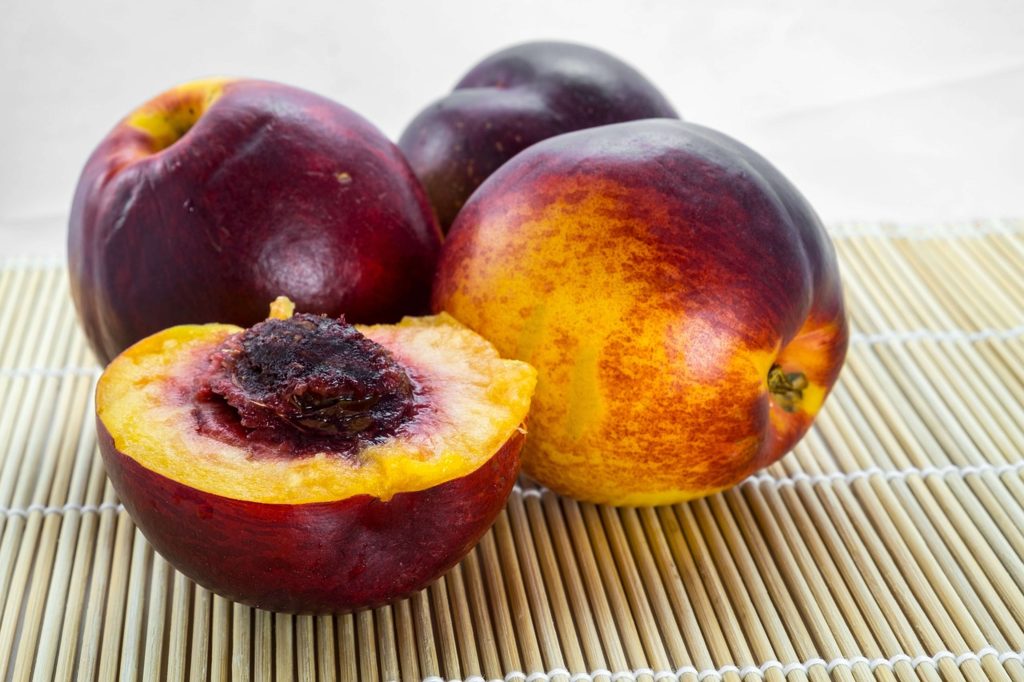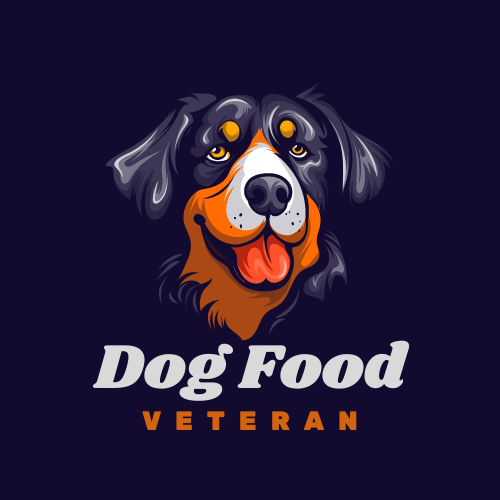Yes absolutely, dogs can eat nectarine but the key is moderation.

In my years of owning a dog and doing research on how to feed him, I’ve learned moderation makes things easy. When you feed your dog this treat in small amounts, you get the best of both worlds; the nutrients and no health risks. I’ll also advise you to prepare your nectarines well before giving them to your dog to save you the stress of running to your Vet.
What Makes Nectarines a Great Treat for Your Dog
Like many fruits out there, nectarine can be a nutritious treat for your dog as they are packed with vitamins, minerals, and fiber. Here’s a quick look at them:
Vitamins: Nectarines are a good source of vitamin A, which supports healthy vision, skin, and immune function in dogs. They also contain vitamin C, an antioxidant that helps boost your dog’s immune system.
Minerals: These juicy fruits provide potassium, which is great for proper muscle and nerve function. They also contain small amounts of iron, which supports healthy blood flow.
Fiber: It is also a good source of fiber which helps in digestion and regulates your dog’s bowel movement.
How to Share Nectarines with Your Dog
Nectarines are great but there are certain risks you need to know to guide how you offer your dog these treats:
Pit: Ever heard of a nectarine pit? I bet you have, you may even enjoy but remember our system is quite different from our furry buddies. If your dog mistakenly swallows this pit, it can choke them or block their intestine. That’s not all, these pits have traces of cyanide which is very dangerous to your dog’s health. To be on the safe side, please make sure you remove the pit and throw it away before you offer any part of nectarine to your pup.
Sugar and Fiber: Nectarines are so high in sugar and fiber content that too much of it can lead to diarrhea, and stomach upset. This is why you should practice portion control and remember nectarines should be a treat and not a part of your dog’s diet.
Fresh is Best: The fresher the better. So don’t buy canned nectarines because they contain added sugars and preservatives and you know this is not good for your pup. Instead, I’ll advise you go for the fresh, ripe ones, they are the perfect and of course healthy option for your pet
General Safe Serving Tips
Here’s how to serve this fruit snack to your pet:
- Always wash the nectarine well to remove any dirt or chemicals.
- Cut the nectarine into small pieces to prevent it from choking them and it’ll also make it easier for them to chew it and digest.
- Remove the skin because it can be tough for some dogs to break down.
- Introduce this fruit slowly and watch for any signs of discomfort or allergic reactions.
Consulting Your Veterinarian
Consulting your vet is probably the most important step you need to take before you introduce any new foods to your dog, especially if your pet has any underlying health conditions or allergies.
So no need to ask yourself questions like can dogs eat Nectarines and try to figure it out yourself. Instead, go straight to your vet, they are the best resource for advice on your dog’s needs, and overall health status. They can evaluate risks, interactions with medications, and guide you on appropriate portion sizes or alternatives if necessary.
However, for dogs with conditions like diabetes, or pancreatitis, or those who require special diets, ensure you get your vet’s approval before giving them any new treats or foods, including nectarines.
Also, if you notice any reactions like vomiting, diarrhea, or discomfort after you feed your dog nectarines, please don’t hesitate to consult your vet immediately for proper diagnosis and treatment.
Final Thoughts
Nectarines are great fruit treats but ensure you do not make it a regular part of your dog’s diet.
Prepare it well before you give them and always let your Vet know you’re introducing a new treat for your pet so you can be properly guided on how to go about it. However, if you want alternatives, I’ll advise you to try fruits like blueberries, watermelon, or apple slices, they make for perfect fruit snacks
Remember, every dog is unique, and their nutritional needs vary. So don’t stop educating yourself and researching their nutrition to make sure your dog receives nothing but the best diets that support their health and well-being.
Read Also: Can Dogs Eat Butternut Squash? Guide for Dog Owners

